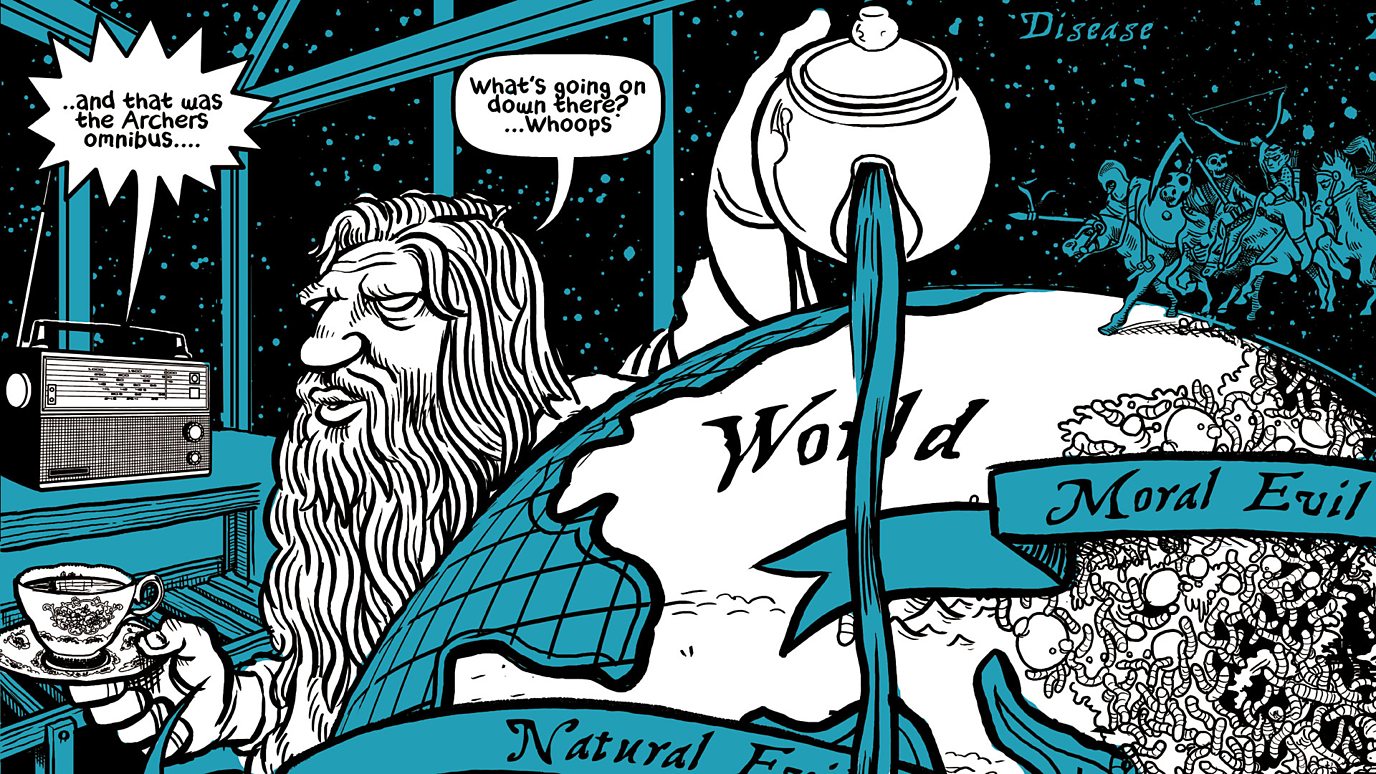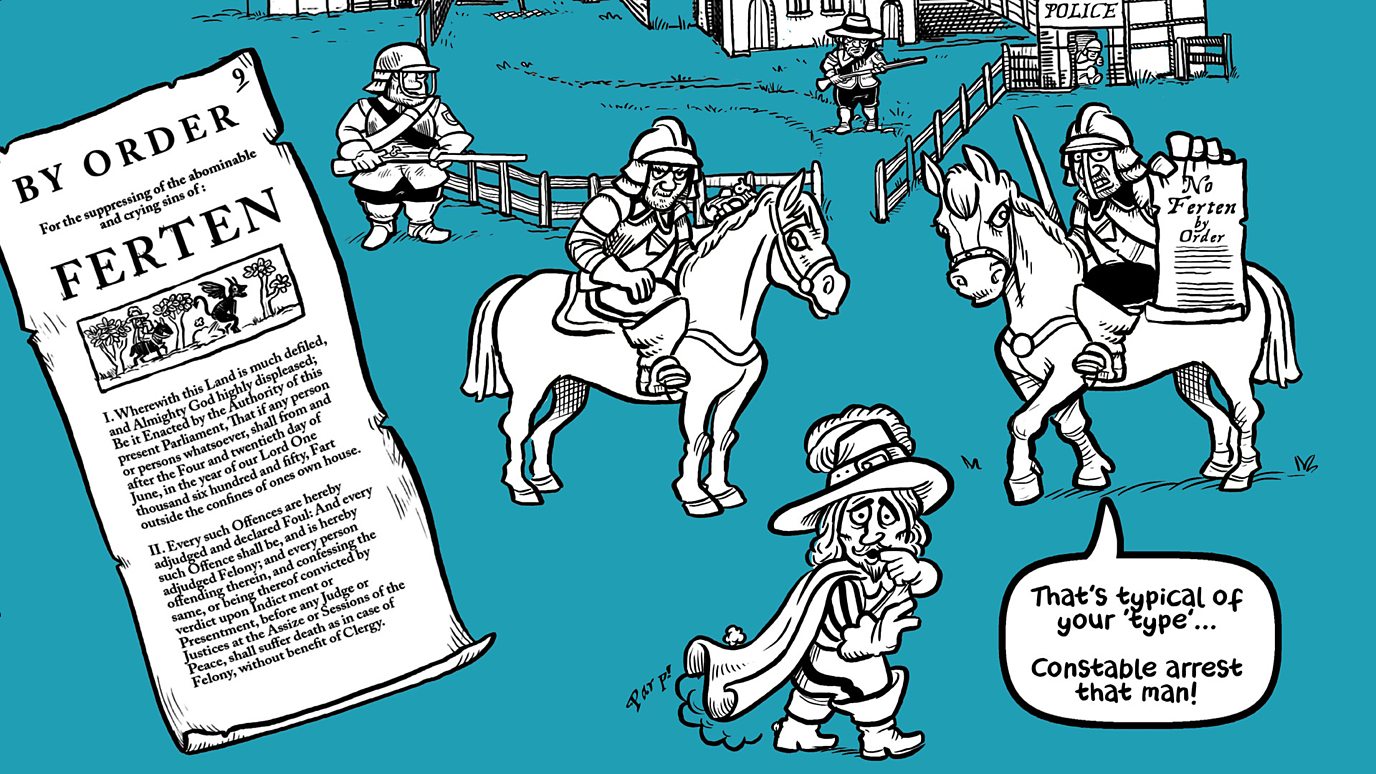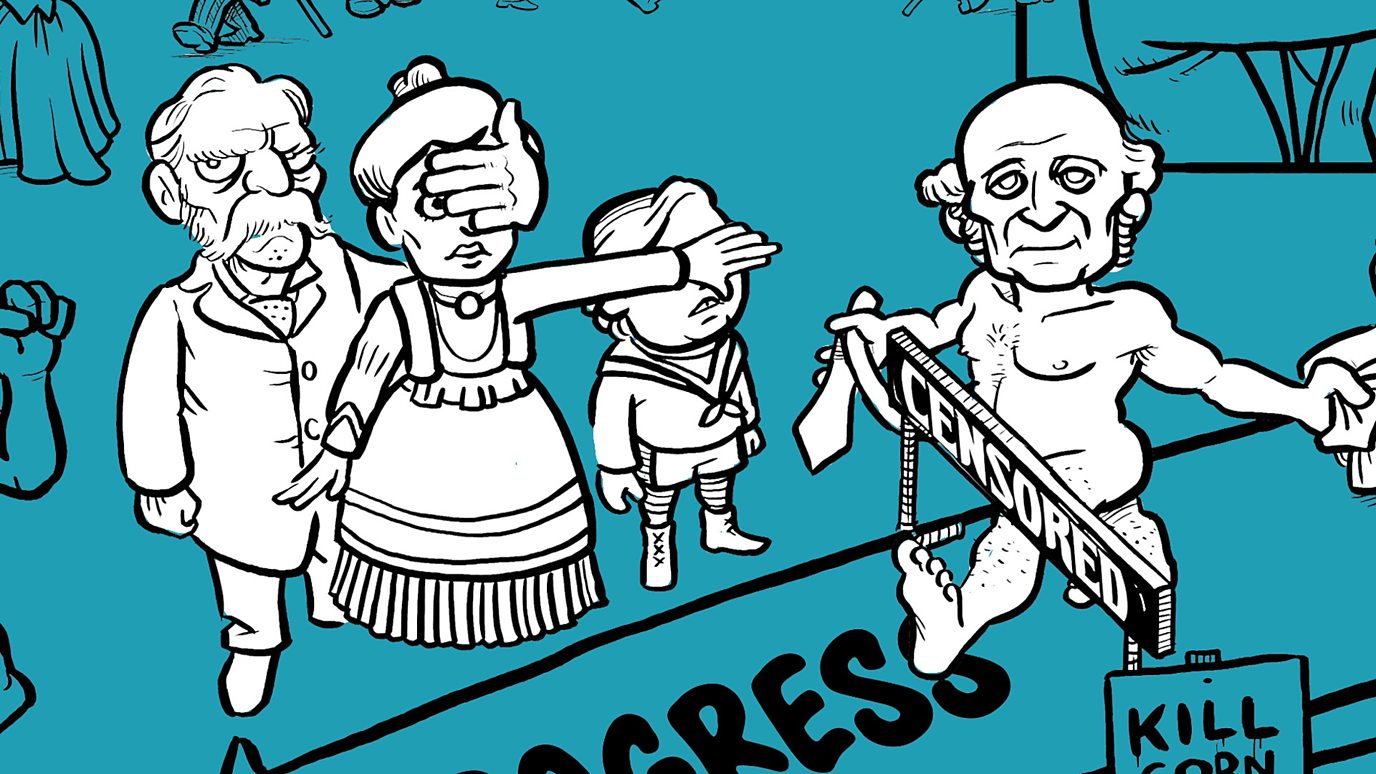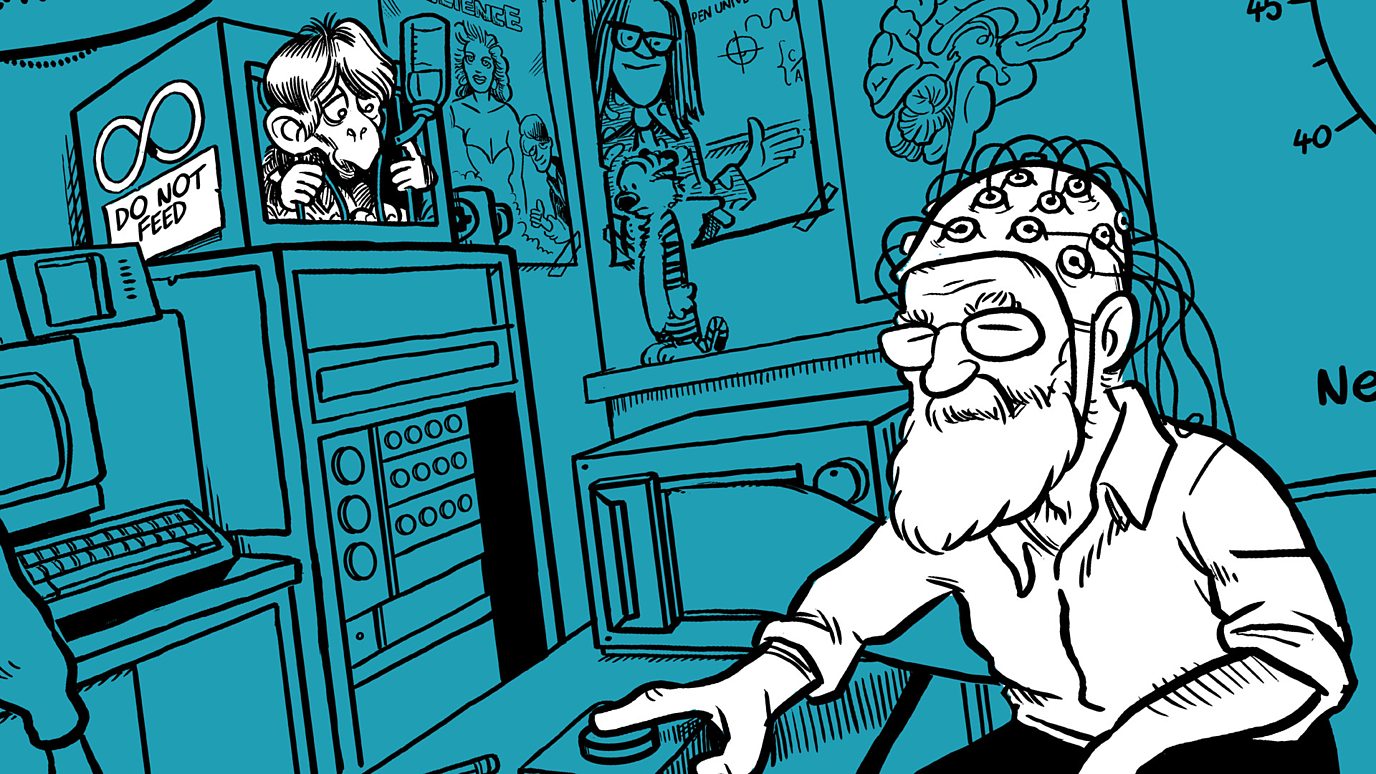Resources > Background knowledge
Freedom, what exactly is it? These animations explore Isiah Berlin’s distinction between positive and negative Freedom, J.S. Mill’s thoughts on individual liberty and the state; what neuroscience has to say about the age old philosophical debate about freewill and whether freedom is over-rated as a political, moral and psychological concept.
1. The Free Will Defence: A Good God vs The Problem of Evil
We live in a world festering with evil. How could a good God allow this problem of evil?

Source: BBC (2014); Open University (2014). History of Ideas. Duration: 01:56
2. Freedom vs Security: Freedom at any cost?
Freedom is good, but security is better. That’s what Thomas Hobbes believed. He made his point by imagining what it would be like to live without government, laws, or society. In this ‘State of Nature’ you could do whatever you wanted to. But anyone else could do whatever they wanted to to you. You’d have plenty of freedom; but you’d live in constant fear. It would be grim.

Source: BBC (2014); Open University (2014). History of Ideas. Duration: 01:53
3. The Harm Principle: How to live your life the way you want to
In his book On Liberty, John Stuart Mill argues for one simple principle: the Harm Principle. It amounts to this. The state, my neighbors, and everyone else should let me get on with my life as long as I don’t harm anyone in the process.

Source: BBC (2014); Open University (2014). History of Ideas. Duration: 02:00
4. The Libet Experiment: Is free will just an illusion?
Are our ‘conscious decisions’ just reports on what is already happening?

Source: BBC (2014); Open University (2014). History of Ideas. Duration: 01:55
BIG IDEAS
01. Beginnings
02. Who am I?
03. Being human
04. Knowledge
05. Beauty
06. Love
07. Freedom
08. Society
09. The good life
10. Right from wrong
11. Justice
12. Technology
CONCEPTS EXPLAINED
01. Astronomy
02. Microgravity
03. Thoughts on theory
04. Theology explained
05. History of the English language
06. History of Money
07. Economics explained
08. The European Union explained
CREDIT TO:


You must be logged in to post a comment.